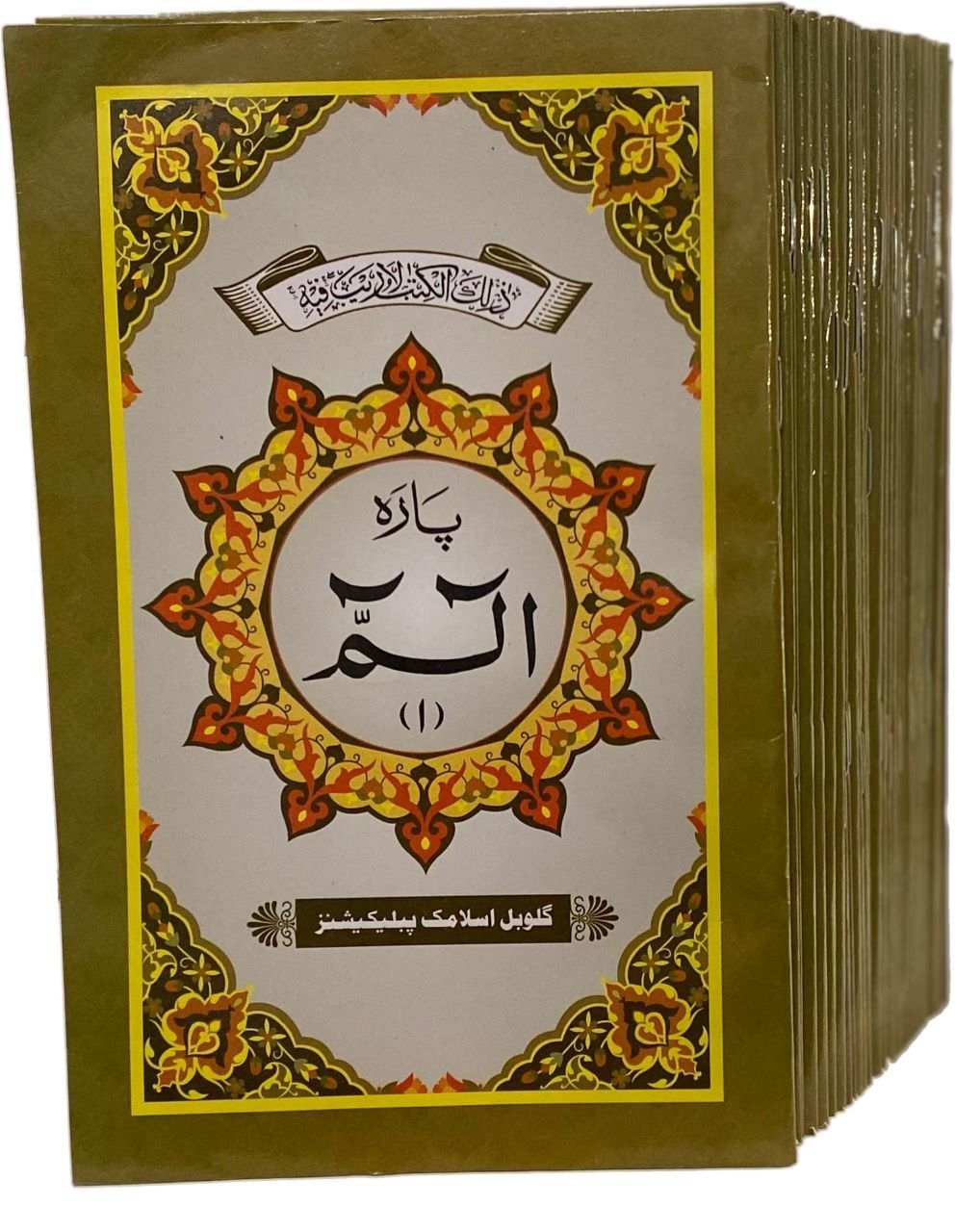
Daughters in Islam: In Islam, daughters are not a burden but a blessing, a gateway to immense rewards in both this life and the Hereafter. Far from societal misconceptions, Islam elevates the status of daughters, emphasizing their worth, love, and care. The teachings of the Quran and Prophet Muhammad (PBUH) serve as a reminder of the pivotal role daughters play in a family and society.
What Does the Quran Say About Daughters?
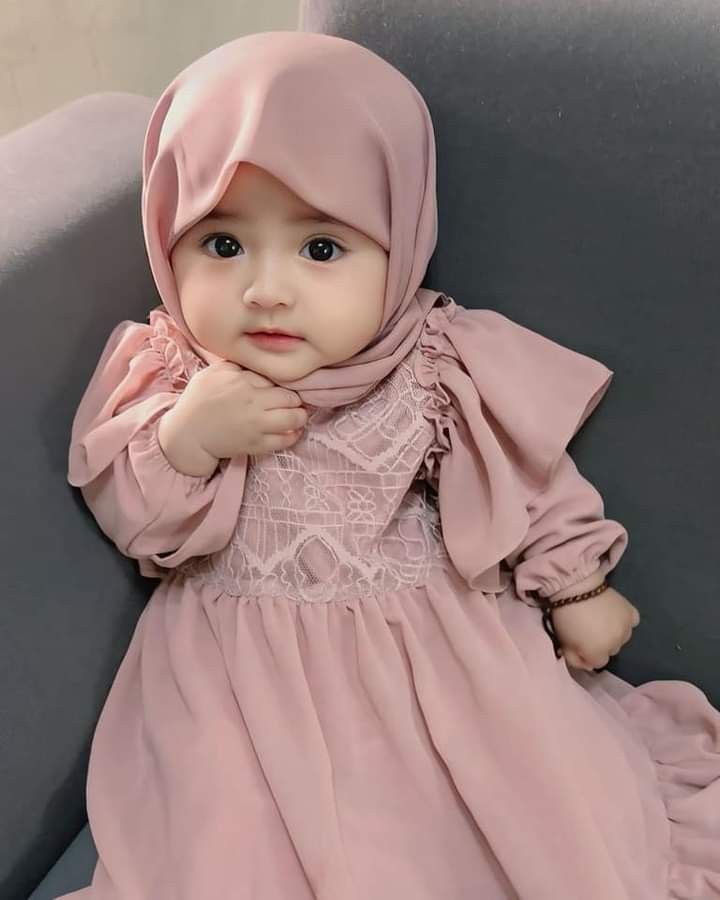
The Quran highlights the equality of men and women, condemning ancient practices where daughters were seen as inferior. Allah states in Surah An-Nahl (16:58-59):

And when one of them is informed of [the birth of] a female, his face becomes dark, and he suppresses grief.

He hides himself from the people because of the ill of which he has been informed. Should he keep it in humiliation or bury it in the ground? Unquestionably, evil is what they decide.
This verse rejects gender discrimination and reminds believers to honor daughters, for they are gifts from Allah.
Protection from Hellfire: The Blessings of Raising Daughters
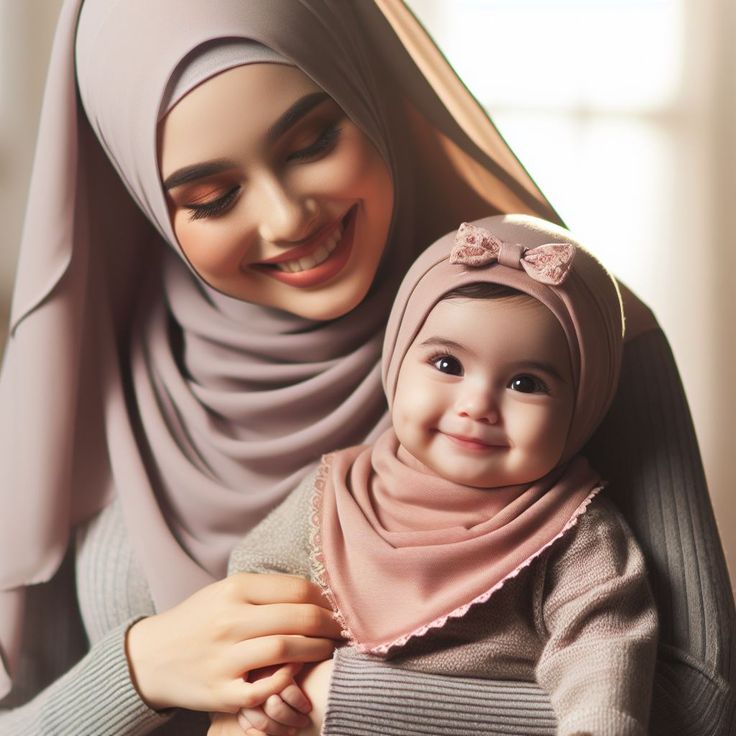
Prophet Muhammad (PBUH) gave glad tidings to those who raise their daughters with love and care. He said:
“Whoever has three daughters, and he accommodates them, shows mercy toward them, and supports them, Paradise is definitely guaranteed for him.” (Ahmad)
This teaching underscores the spiritual benefits of raising daughters with kindness and providing for them generously.
Daughters in Islam: A Source of Mercy and Compassion
Daughters are often referred to as a means of Rahmah (mercy) in Islamic teachings. They bring warmth, compassion, and love to a household, nurturing bonds that strengthen families. Islam urges parents to treat their daughters with dignity, for they are a reflection of Allah’s mercy on Earth.
Daughters as a Means to Paradise in Islam
The Messenger of Allah (PBUH) assured parents that raising daughters in righteousness could lead them to Paradise. He said:
“Whoever supports two daughters until they mature, he and I will come on the Day of Judgment like this (and he held his two fingers together).” (Muslim)
This powerful imagery highlights the closeness one can achieve with the Prophet (PBUH) simply by valuing their daughters.
Respecting Daughters: A Path to Paradise
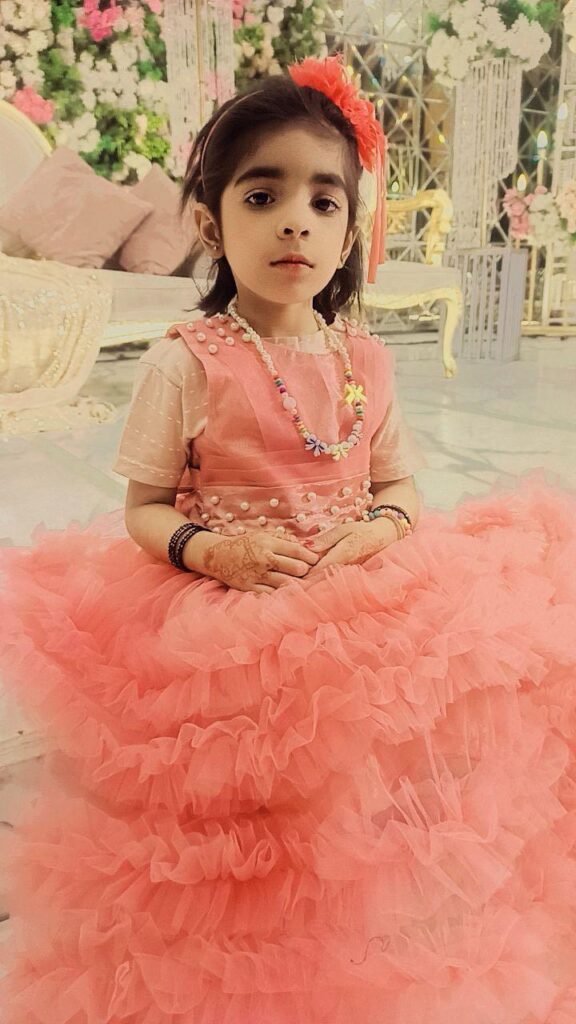
Respecting and valuing daughters is an act of worship in Islam. Parents who show justice and avoid favoritism between their sons and daughters are promised great rewards. Prophet Muhammad (PBUH) said:
“Indeed, Allah has forbidden Paradise for the one who neglects his dependents.”
Respecting daughters ensures familial harmony and reflects a deep sense of accountability before Allah.
Virtues of Teaching and Educating Daughters
Islam places immense emphasis on the education of daughters. Prophet Muhammad (PBUH) stated:
“Seeking knowledge is an obligation upon every Muslim.” (Ibn Majah)
Educating daughters empowers them, strengthens their role in society, and ensures the transmission of Islamic values to future generations. A well-educated daughter contributes to the development of her family and the community at large.
Prophet Muhammad’s (PBUH) Emphasis on the Value of Daughters
Prophet Muhammad (PBUH) exemplified love and care for his daughters, especially his beloved daughter Fatimah (RA). He would stand up to greet her, kiss her forehead, and offer her the best seat in his company. This was a profound demonstration of how daughters should be cherished and respected.
Are Sons Better Than Daughters in Islam? Debunking Myths
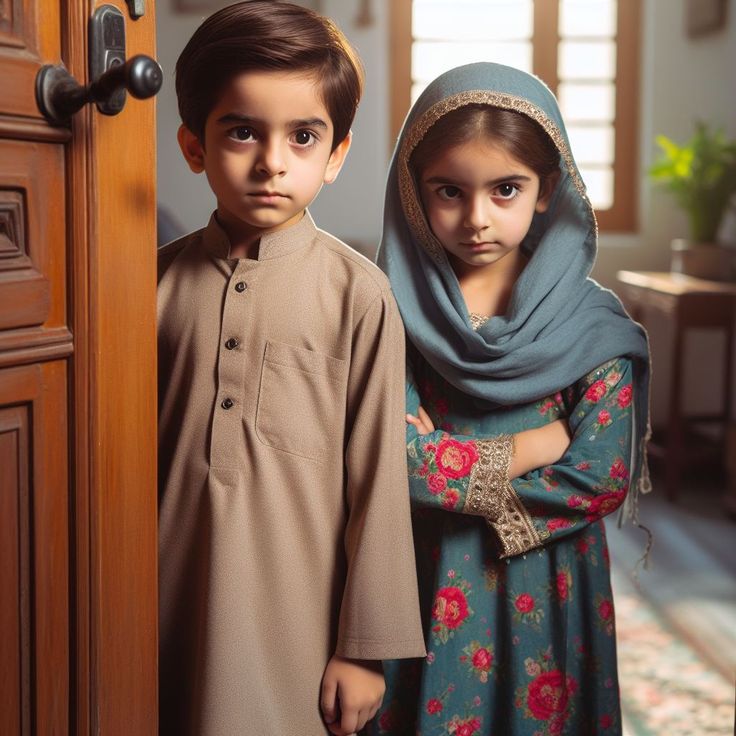
Islam does not place sons above daughters. Instead, it calls for equal treatment of both. The Prophet (PBUH) said:
“Fear Allah and treat your children equally.” (Bukhari)
This teaching rejects favoritism and encourages parents to celebrate the unique roles of both sons and daughters in a family.
The Unique Blessings of Having Daughters in Islam
Having daughters brings unique blessings to a household. They foster emotional strength, teach compassion, and serve as a means of spiritual growth. Through daughters, parents can leave behind a legacy of love, values, and faith.
Conclusion
Daughters in Islam are treasures, embodying mercy, love, and spiritual rewards. They are not only a source of joy in this life but a means to Paradise in the Hereafter. Islam calls on parents to honor their daughters, educate them, and raise them with love and justice. By doing so, believers secure their place among the righteous and fulfill their divine obligations.
Let us follow the example of Prophet Muhammad (PBUH) in valuing daughters, for in doing so, we honor the true spirit of Islam.
 Colors
Colors 
 Support
Support 





